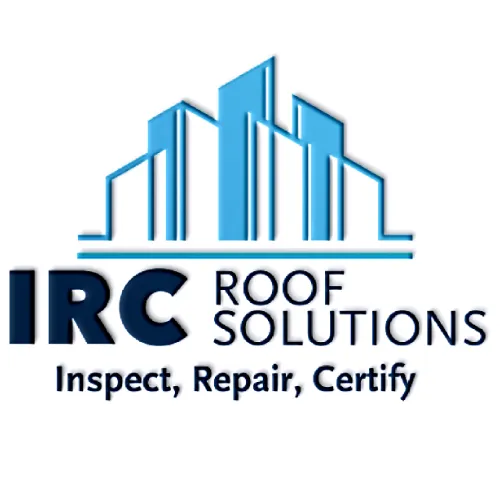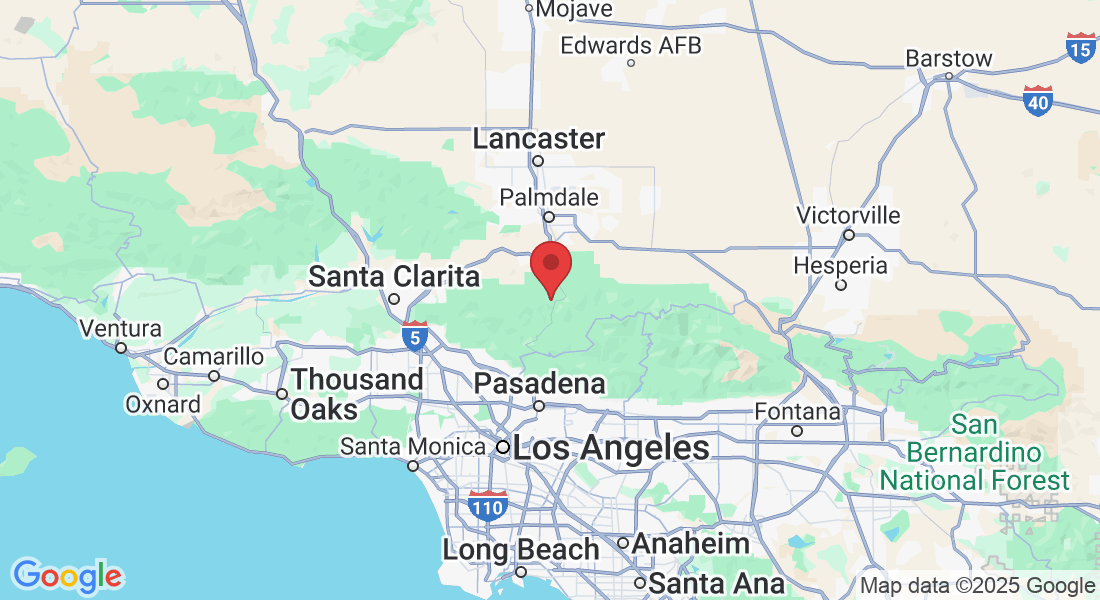Commercial Roofers
Unlock Exceptional Commercial Roofing Services
Find Your Best Local Commercial Roofers Now!
Discover top-notch local commercial roofing services tailored to your needs!
Find quality, convenience, and reliability—locate the best local roofers near you today for superior results!
Your Trusted Roofing Experts

Google: 4.9 stars
Commercial Roofing, Roof Repair, Roof Maintenance, Roof Coating, Emergency Roofing Services
(818) 571-7892
Santa Clarita, CA 91350
Website: www.ircroofs.com
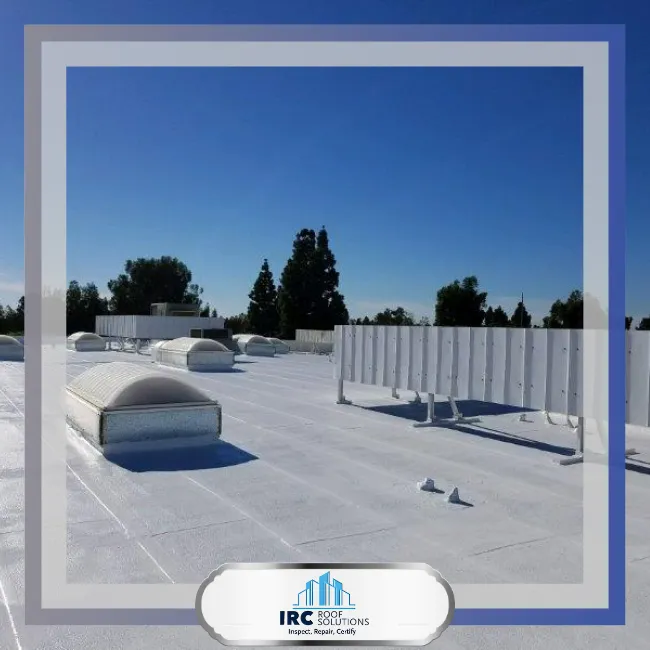
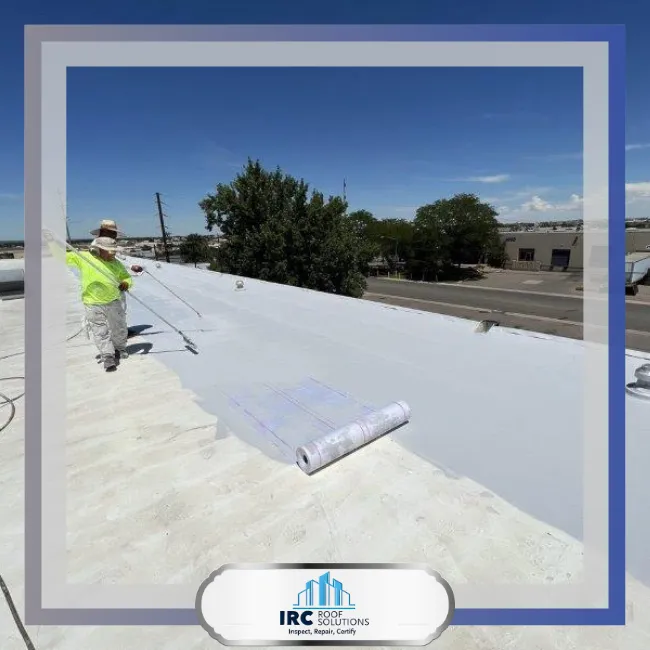
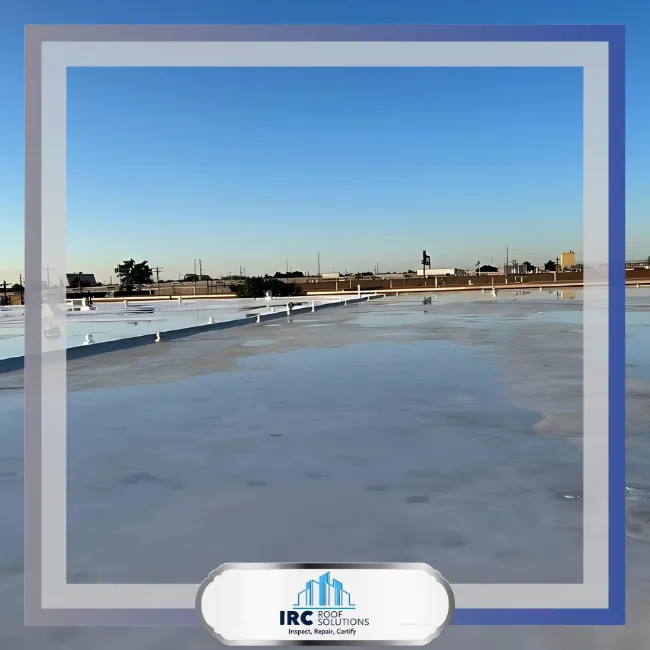
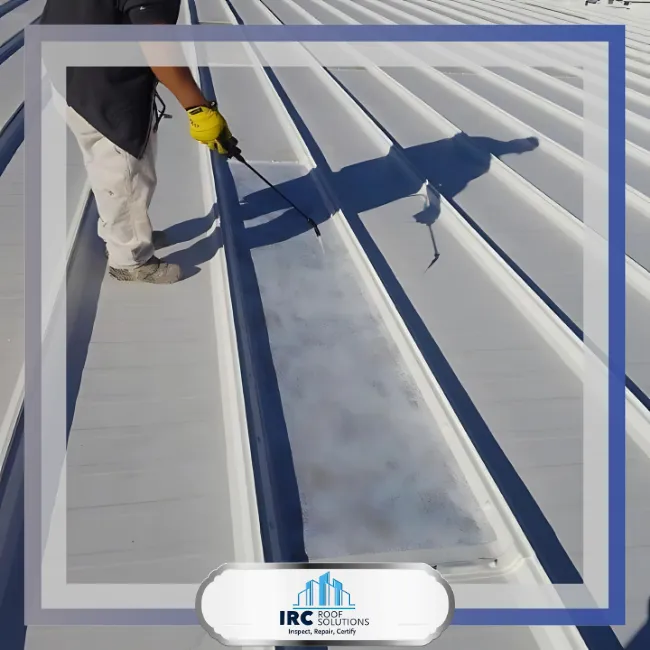
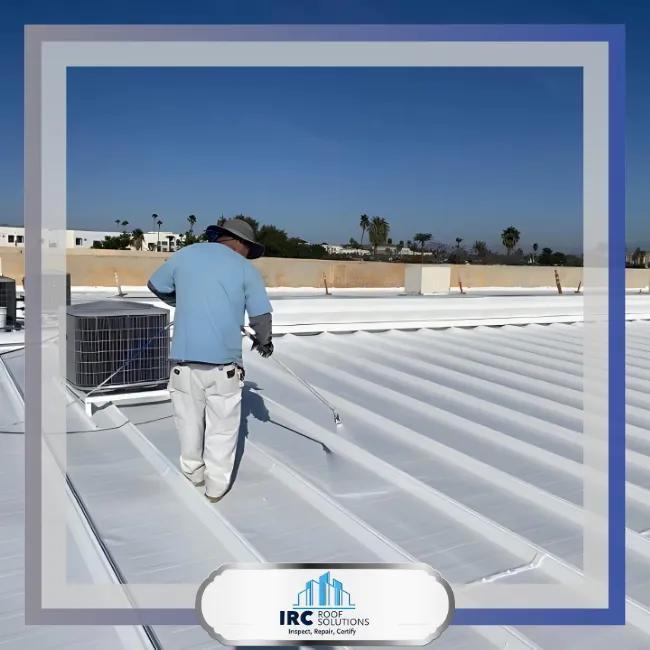
Agoura Hills
Bel Air
Beverly Hills
Beverlywood
Canoga Park
Century City
Culver City
Echo Park
Encino
Huntington Park
Inglewood
Koreatown
La Cañada Flintridge
La Crescenta
Malibu
Marina del Rey
Monterey Park
Moorpark
North Hollywood
Pasadena
Reseda
San Fernando
Santa Monica
Shadow Hills
Sherman Oaks
Studio City
How to Choose the Right Commercial Roofers
When it comes to maintaining or replacing the roof on your commercial property, choosing the right roofing contractor is critical. A well-installed roof is essential for the safety and security of your building, employees, and assets. Therefore, selecting a commercial roofer with the right qualifications, certifications, and experience is paramount. This guide will walk you through the key factors you should consider when hiring a commercial roofer.
1. Industry Experience
Experience is one of the most crucial factors when hiring a commercial roofer. A contractor with a solid track record will have the expertise to handle various roofing projects and unforeseen challenges. Ensure that the roofer you choose has experience specifically in commercial roofing, as this differs significantly from residential roofing. Look for a company that has been in business for several years and has a portfolio of successful projects.
Tip: Ask for references from previous clients, particularly those with similar roofing needs. This will give you insight into the roofer's ability to deliver quality work on time and within budget.
2. Proper Licensing and Insurance
Always verify that the commercial roofer you hire is properly licensed and insured. Licensing ensures that the contractor meets the necessary industry standards and regulations. Insurance is equally important, as it protects you from liability in case of accidents or damage during the roofing project. A reputable roofing contractor should have both general liability insurance and workers' compensation insurance.
- General Liability Insurance: Covers property damage and bodily injury that may occur during the project.
- Workers' Compensation Insurance: Covers medical expenses and lost wages for workers injured on the job.
3. Certifications and Training
Certifications from roofing manufacturers and professional organizations are a sign of a roofer's commitment to quality and ongoing education. Look for certifications from recognized bodies such as the National Roofing Contractors Association (NRCA) or manufacturer-specific certifications like GAF Master Elite® or CertainTeed SELECT ShingleMaster™. These certifications indicate that the contractor has undergone rigorous training and meets high standards for installation and service.
Tip: Manufacturer certifications may also provide you with extended warranties on roofing materials, giving you added peace of mind.
4. Comprehensive Roofing Services
A commercial roofing contractor should offer a wide range of services, including roof installation, maintenance, repairs, and inspections. This ensures that they can meet all your roofing needs, from minor repairs to full replacements. Additionally, having a single contractor handle all aspects of your roofing system can lead to better communication, consistency, and accountability.
- Roof Installation: New roof installations for commercial properties.
- Maintenance: Regular maintenance to extend the life of your roof.
- Repairs: Prompt repairs to address issues before they escalate.
- Inspections: Thorough inspections to assess the condition of your roof and identify potential problems.
5. Strong Reputation and Reviews
A strong reputation is often a good indicator of a roofer's reliability and quality of work. Research online reviews, testimonials, and ratings from sources such as Google, Yelp, and the Better Business Bureau (BBB). Pay attention to how the contractor responds to both positive and negative feedback. A company that values customer satisfaction and addresses concerns professionally is more likely to provide excellent service.
6. Clear Communication and Transparency
Effective communication is key to a successful roofing project. The contractor should be clear and transparent about all aspects of the job, including pricing, timelines, and the scope of work. They should also be responsive to your questions and concerns throughout the project. A contractor who is upfront about potential challenges and provides regular updates is one you can trust to complete the job to your satisfaction.
Tip: Request a detailed, written estimate that outlines all costs, materials, and labor involved in the project. This helps prevent any surprises down the road.
7. Local Knowledge and Expertise
Hiring a local commercial roofer has several advantages. A local contractor will have a better understanding of the specific weather conditions, building codes, and regulations in your area. They will also be more accessible for follow-up services, repairs, or warranty claims. Supporting a local business also contributes to the economic growth of your community.
8. Warranty and Guarantees
A reputable commercial roofer should offer warranties on both materials and workmanship. A manufacturer's warranty covers defects in the roofing materials, while a workmanship warranty covers installation errors. Make sure you understand the terms and duration of these warranties, as well as the process for filing a claim if necessary. A strong warranty provides long-term protection and confidence in your investment.
9. Safety Practices and Compliance
Roofing is a hazardous job, so safety should be a top priority for any contractor you hire. Ensure that the roofer follows all Occupational Safety and Health Administration (OSHA) guidelines and has a comprehensive safety plan in place. This includes proper use of safety equipment, training for workers, and adherence to all relevant regulations. A commitment to safety reduces the risk of accidents and ensures a smoother project.
- Safety Equipment: Ensure that the crew uses the necessary safety gear, such as harnesses and helmets.
- Training: Verify that the workers are trained in the latest safety practices and procedures.
10. Detailed Contract and Payment Terms
Before any work begins, ensure that you have a detailed contract that outlines the scope of the project, costs, payment terms, and timelines. The contract should also specify any warranties, responsibilities, and contingencies. Avoid contractors who request full payment upfront; a reputable roofer will typically require a deposit with the balance due upon completion of the project. This protects both parties and ensures accountability.
Tip: Review the contract carefully and do not hesitate to ask for clarification on any points. It’s better to address any uncertainties before the project begins.
Conclusion
Hiring a commercial roofer is a significant decision that can impact the longevity and safety of your building. By considering the factors outlined in this guide—experience, licensing, certifications, services, reputation, communication, local expertise, warranties, safety practices, and contract terms—you can make an informed choice and ensure that your roofing project is completed successfully. Take the time to research and select a contractor who meets your business's specific needs and standards.
Investing in a qualified and reputable commercial roofer is an investment in the long-term protection and value of your property. Choose wisely, and you'll have peace of mind knowing your roof is in capable hands.

